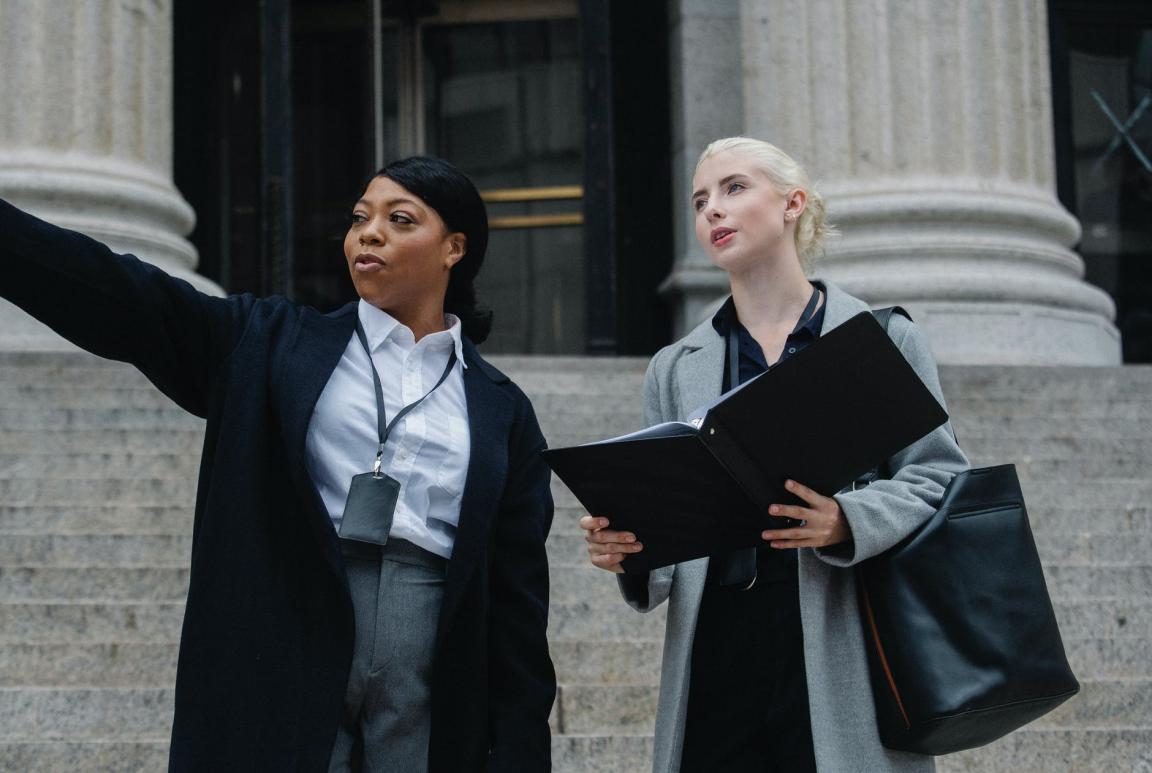Its quite common to have a buyer tendering a proposal to the seller to purchase a property but people do not know that skipping essential formalities is usually the cause for trouble. Why? U.S. and Canadian buyers assume that the culture here is similar as back home and that the process and formalities here should be trusted too, wrong!
Never transfer earnest money to a seller, you must first engage due diligence, unlike in the U. S. and Canada, plus all funds should be handled by the Escrow company.
For one, a buyer should not enter an agreement without professional legal advice specialized in real estate in Mexico, second forwarding earnest money right after always be avoided. Never forward payment to a seller, you must first engage due diligence, unlike in the U. S. and Canada.
The Seller must offer its complete collaboration to the Buyer and forward a minimum of documents to begin Due diligence and should include:

1. A full copy of the property deed or fideicomiso.
2. Seller to provide a certificate of good standing issued by the Registro Publico de la Propiedad y de Comercio, with jurisdiction where the property is located, and the certificate must not be older than a week or to be issued over the following days.
3. If the title search review is fine then a bilingual purchase agreement must be drafted with a realistic closing date.
4. Confirm that seller agrees to escrow and not to forward earnest money now as the down payment must be transferred to the escrow account. Also escrow fees are customarily split between the parties
5. Do not allow the Seller to impose his attorney, Real Estate Agent or closing agent, get your own. (can you say conflict of interest?).

6. Your closing agent should coordinate all phases, that include drafting bilingual purchase agreements, escrow company, the trust bank, surveyor and the notary to structure the fideicomiso.
7. If you are to acquire the property under a pre existing fideicomiso, you want a full coy of it to review and interpret and you must ask for proof of handling fees being current with the bank, its vital to confirm how many years are there left in the trust and to identify the bank that is currently holding the deed.
8. If the fideicomiso held by one of the expensive and bureaucratic banks you may face delays, extending up to a year which may cause the deal to fall through, if it is one of the better banks and if everything is in order yo may close within 90 to 120 working days, yet it is vital that you chose your own trust bank. Also, if the seller's fideicomiso has 40 years or less left its best to get a new one with a fresh 50 year term.
In Mexico the buyer customarily assumes all closing costs, except for the seller's capital gains.

The purpose of the certificate of good standing issued by the Registro Publico de la Propiedad y de Comercio is to confirm the name of the registered owner, the description of the property and it must show that it is free and clear.
The deed and certificate must be reviewed by your closing attorney and you want to avoid buying adjudicated property.
It is also important that the seller agrees to escrow and that the escrow agreement allows for funds to be used to pay the sellers capital gains, along with the purchase price to be disbursed as instructed by the parties.
Again, I cannot stress enough that you consider the steps proposed above or expose yourself to unwanted and untold delays or problems that may lead to financial loss, such as a down payment or litigation.
You have been advised. Thread carefully.
Real Estate Law, Closings, Real Estate Trusts (Fideicomisos), Due Diligence, Company Formations, Estate Planning, Asset Shielding, legal Guardianship, litigation, family law, leases, issues with ejido property, landlord-tenant disputes, eviction protection, contracts, labor law, etc.
Call me to discuss your needs.
Rafael Solorzano
Managing Partner, Law Offices of Rafael Solorzano.
From the U.S. 011-52-664-188-7001.
Within Mexico: 664- 188-7001





Comments
Facebook
MoveToTijuana
New
Best